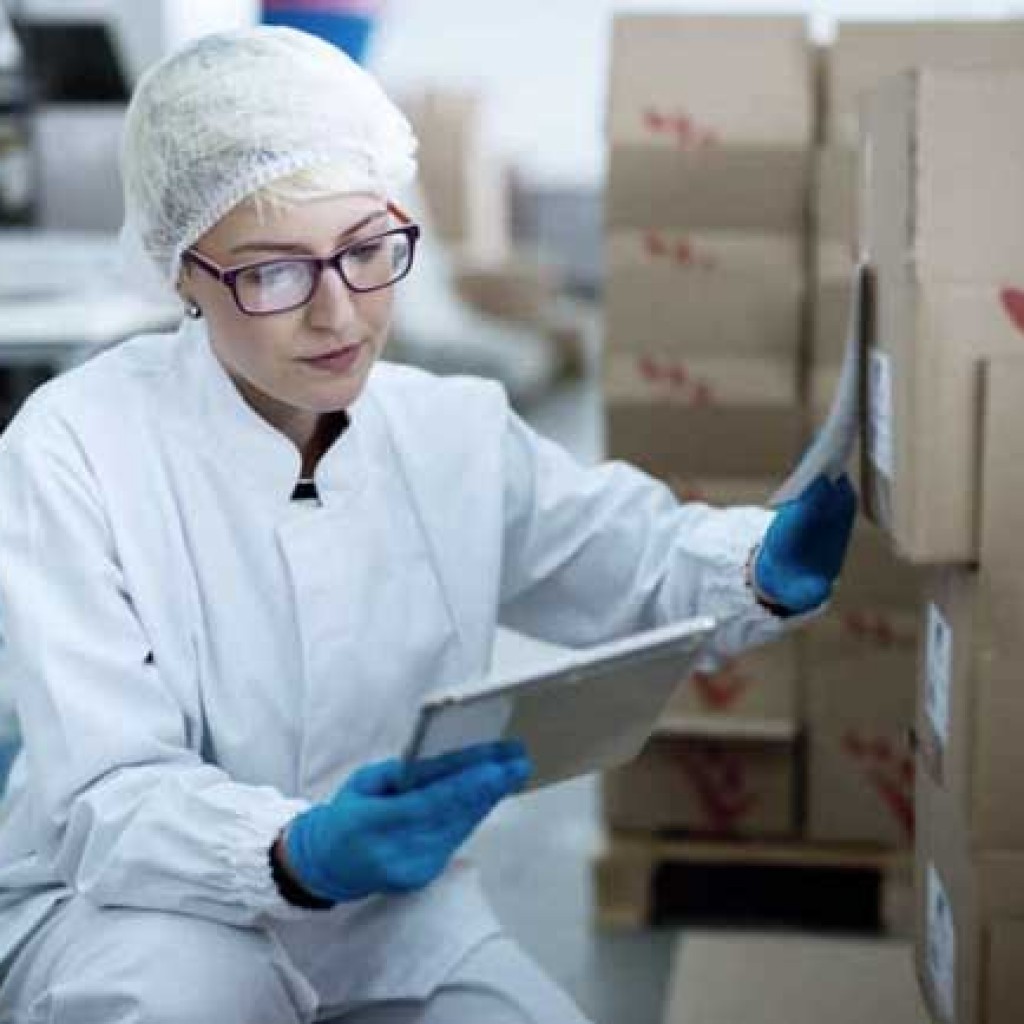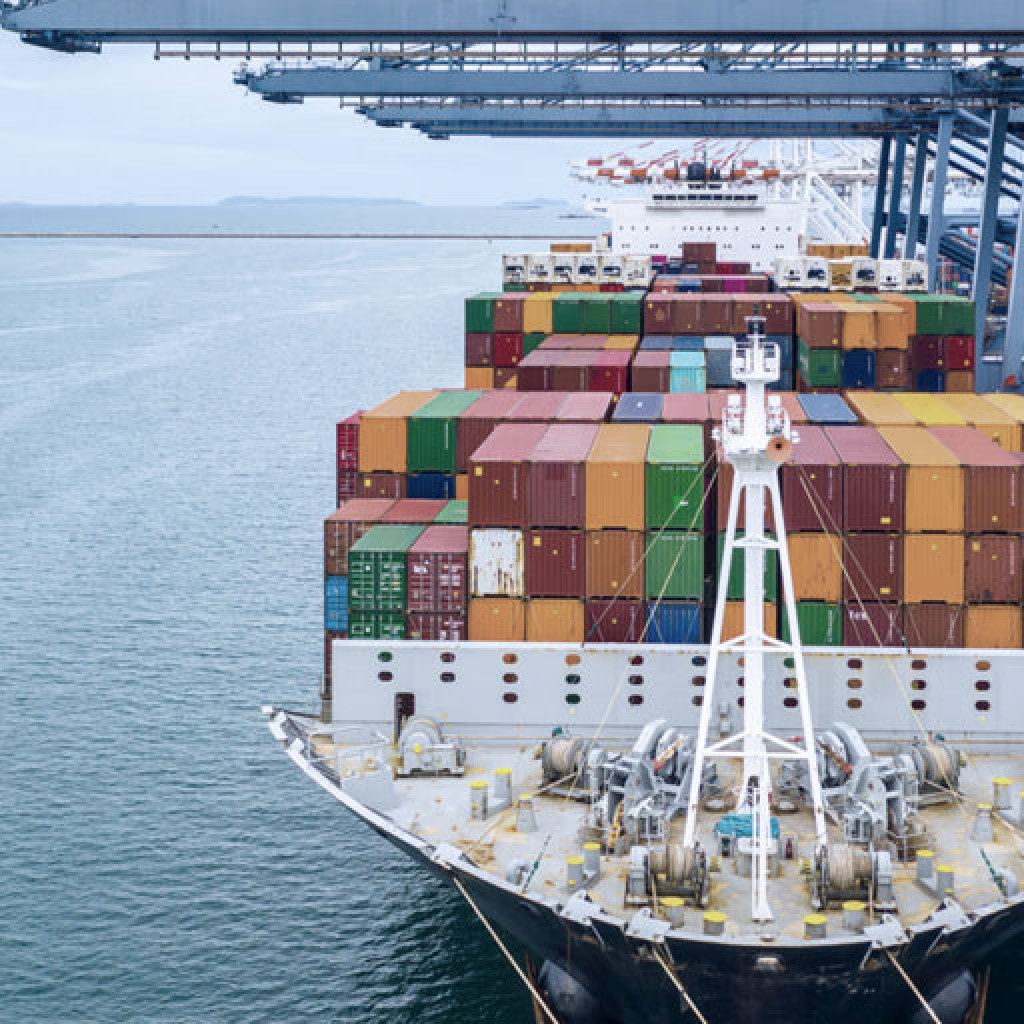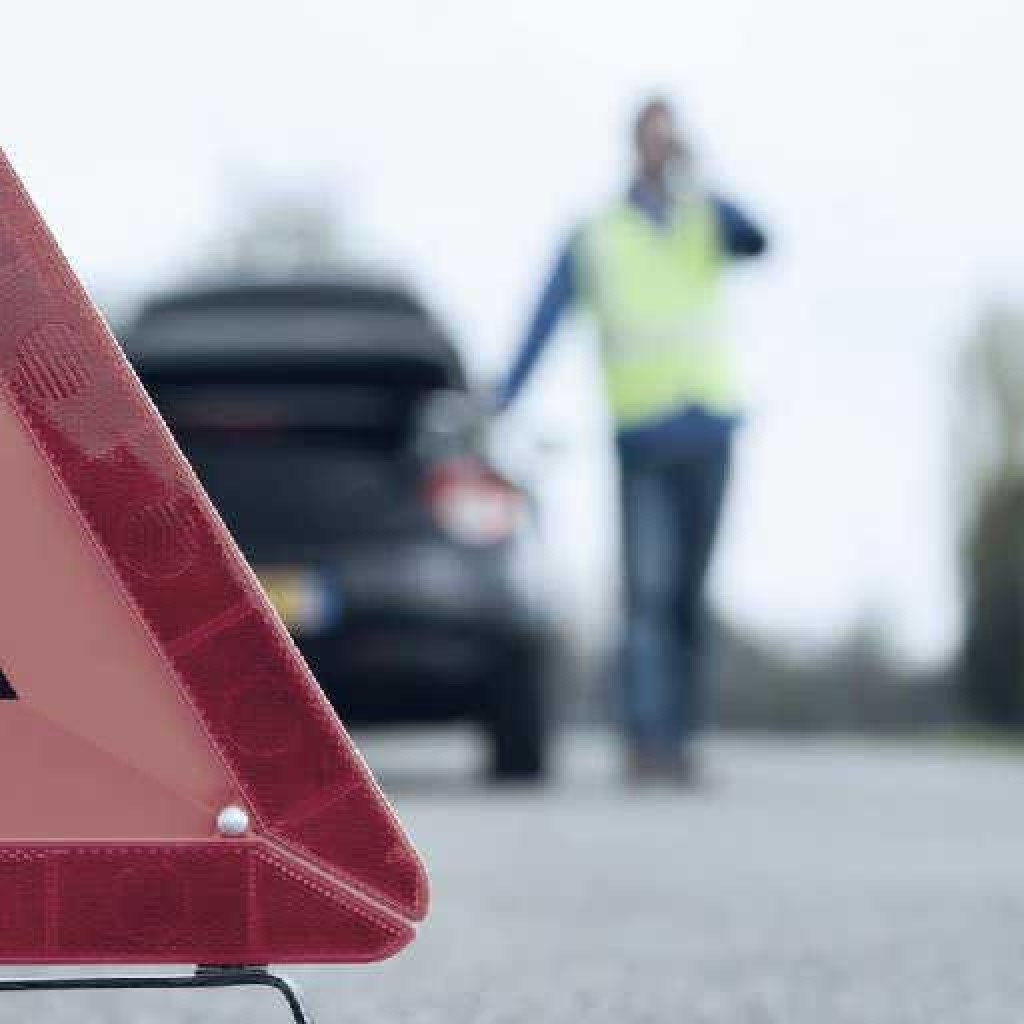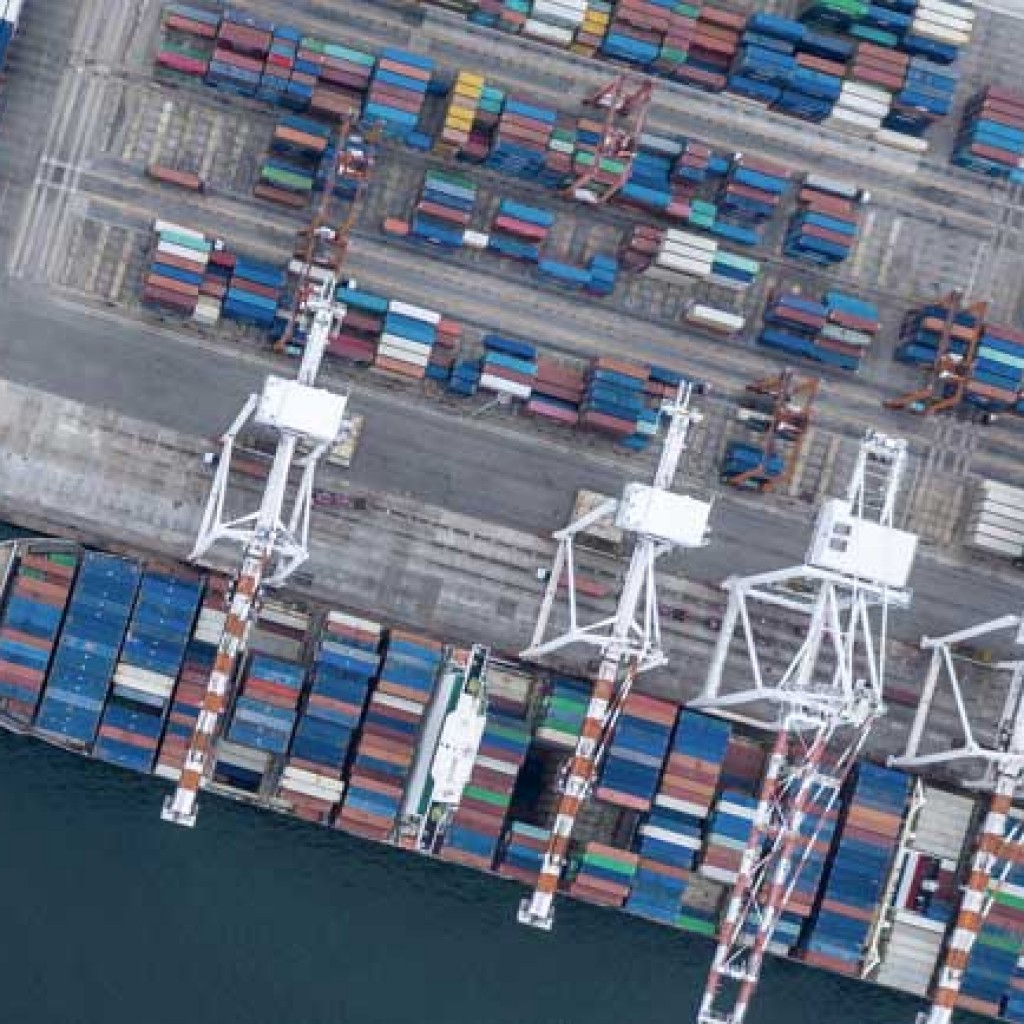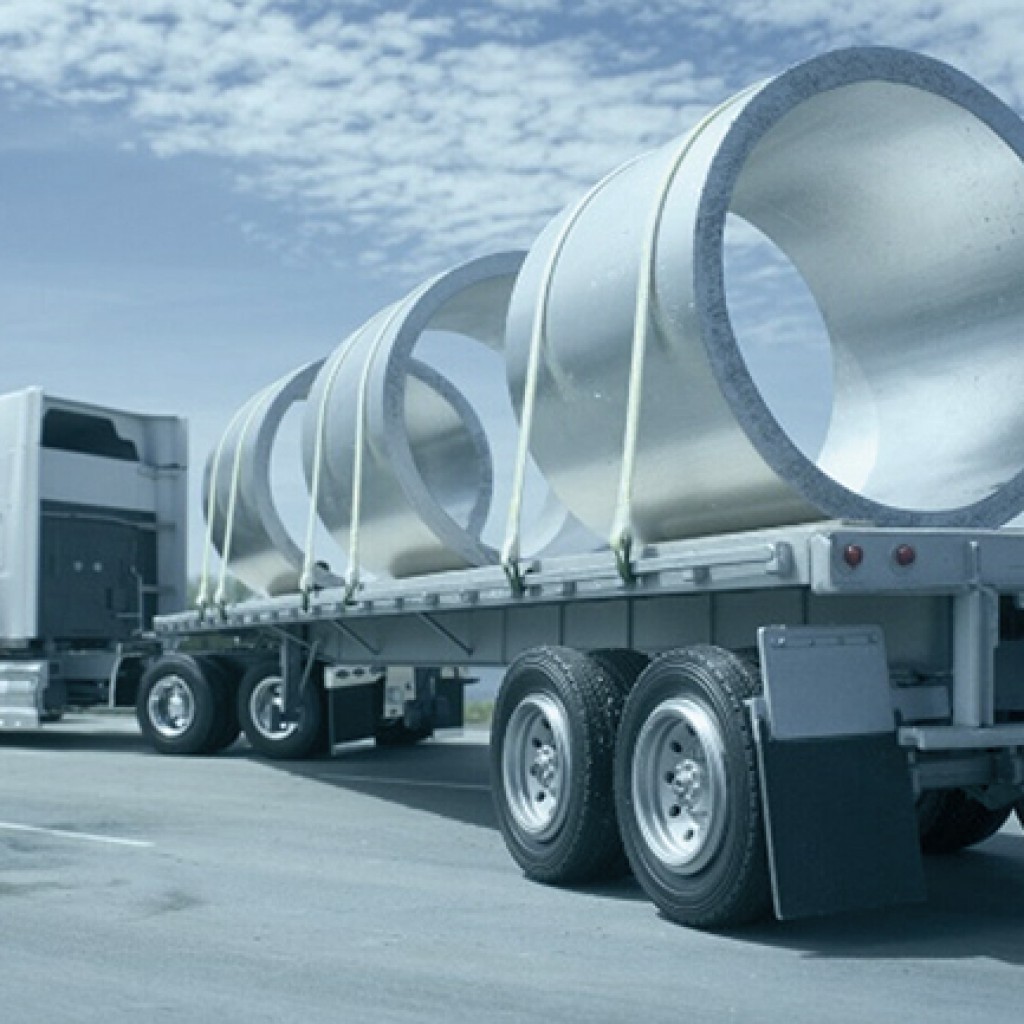In the transport of perishable goods, an efficient and quality service is necessary to keep the characteristics of the transported goods unaltered.
Because precision and organization are, in the haulier's identikit, a necessary prerequisite for all other qualities. In the specific case, these qualities will fulfill the fundamental task of not compromising public health. And here's why.
Campylobacteriosis, salmonella, yersinia enterocolotica: these, according to the latest One-Health report on zoonoses in the European Union, are the most frequent foodborne diseases.
In addition to time and environmental conditions, these infections can be caused by errors in controlling the storage temperature.
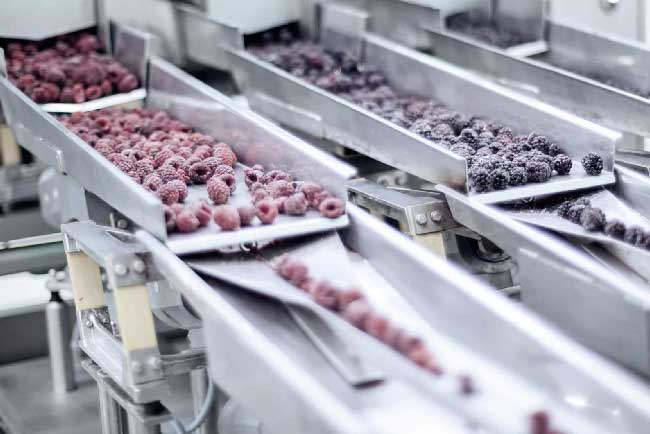
This is exactly where the precision and organization of perishable goods transport come into play.
To prevent certain types of products from being harmful to consumers, ready to buy them, the utmost care must be taken during the transport phases. In these phases, in fact, the danger of thermal shock is always possible. These are conditions to be avoided because they can irreparably alter the organoleptic characteristics of the goods and cause their deterioration.
The objective of the next few lines will therefore be to clarify which products are at risk (perishable goods) and what the current legislation on the matter is. We will provide a clear and immediate summary of the latter, so as to make the journey easier for those who need the service. Or, why not, to satisfy the curiosity of non-experts interested in this corner of the world of road transport.
Let's start from the basics: what is meant by perishable goods?
PERISHABLE GOODS. MEANING OF THE WORD AND PRODUCT CATEGORIES
More than 16 million tons. This is the number of perishable products which, in a year, are transported only on Italian roads. But what are we talking about, exactly?
According to Garzanti Linguistica, perishable is that which deteriorates easily or quickly. If used in the context of freight transport, the adjective therefore refers to short-life food or pharmaceutical products (because without preservatives). In addition to the aforementioned sudden changes in temperature, the main causes of deterioration include:
- Microorganisms (such as molds, bacteria);
- Macroorganisms (such as insects, mice);
- Enzymes;
- Excessive exposure to light;
- Humidity.
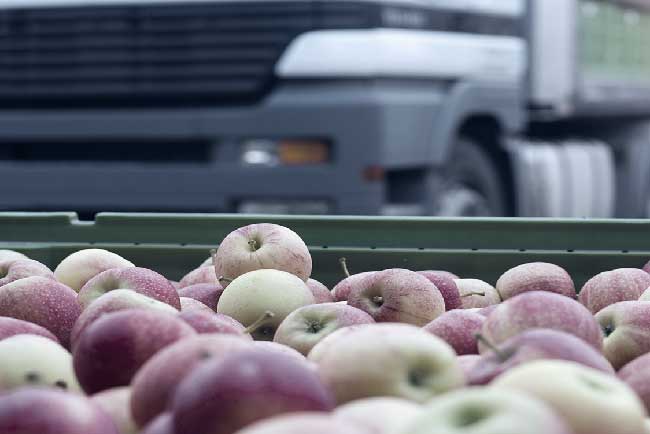
These agents cause, every year, the waste of several tons of medicines or food during distribution. In addition to immediate deterioration, the alteration of the chemical-physical characteristics of a product can also have longer-term consequences. This is the case, for example, of the duration reduction, which would make the expiry date indicated on the label unreliable.
The danger to consumers is, at this point, glaring. Let's see more in detail which products are most at risk and some of the solutions normally adopted for each of them. We will then isolate, starting from the information collected, the main responsibilities of the companies that deal with transport and logistics.
Perishable foods and medicines
The definition of perishable goods includes, among others:
- Fresh meats and cured meat. Transportable both at ambient and frozen temperatures (-18 °C), they require labeling that certifies their origin;
- Packaged fish. The most important thing is to take note of the storage temperature of the load and organize all the phases of transport in order to guarantee its constant maintenance;
- Dairy products (such as drinking milk, pasteurized, butter, cheese). It is necessary to be aware of the procedure to follow for both fresh and packaged products;
- Alcoholic drinks. It is essential to protect the containers from harmful frequency vibrations and from direct radiation both in the packaging and in the transport phase;
- Frozen foods. The long-term storage procedure of the goods does not make their transport easier. For example, it is necessary to take into account the need for any additions (such as ice);
- Medicines and pharmacologically active substances (Active Pharmaceutical Ingredients). To contain easily alterable substances are above all eye drops, anticancer drugs, suppositories and antimicrobial drugs. Moreover, conditions such as excessive heat or cold can damage vaccines, insulins, emulsified systems, and biotech products. It is therefore important to prevent thermal shock by using specific equipment.
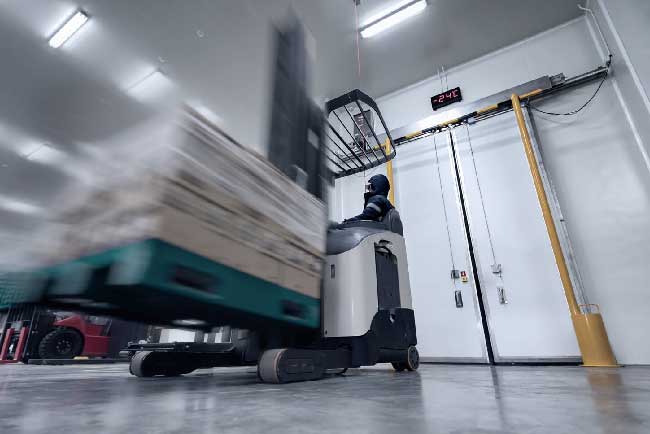
Crucial data emerge from the examples reported. In a nutshell, companies that deal with the transport of perishable goods have the following responsibilities:
- Check temperature ranges;
- Use suitable vehicles and equipment.
These two activities are closely connected, since precise instruments must be used to control the thermal condition. The installation of sensors on board, for example, makes it possible, through the use of ad hoc software, to monitor any part of the refrigerator compartment and receive status notifications. These are activated if the established parameters exceed the threshold values.
In this way, a constant monitoring system also makes it possible to document any changes undergone by the load in the various stages of the shipment.
However, the vehicle on which the sensors are installed is even more important. The classification contained in the Accord Transport Perissable (ATP) proves it. Let's see together what it is.
TRANSPORT OF PERISHABLE GOODS BY ROAD, BY SEA AND BY AIR. REGULATION AND USEFUL INFORMATION
The sensors alone are not enough to ensure that the required storage temperature is maintained. In fact, there are specific means of road transport capable of preserving precise thermal conditions.
The vehicles in question are classified in the Accord Transport Perissable (ATP), which establishes the rules to be respected in the construction of setups intended for the transport of perishable goods by road.

These are the types of vehicles included in the legislation:
- Isothermal – which limit the heat exchange between inside and outside. Based on the global coefficient of thermal transmission, the isothermal vehicle can be:
- normal (IN category);
- reinforced (IR category).
- Refrigerants – which are able to maintain the following temperatures:
- a maximum of +7 °C for class A;
- a maximum of -10 °C for class B;
- a maximum of -20 °C for class C;
- a maximum of 0 °C for class D.
- Refrigerators – which lower and keep the internal temperature constant according to the following parameters:
- between +12° C and 0° C for class A;
- between +12° C and – 10° C for class B;
- between +12° C and – 20° C for class C;
- less than or equal to 0°C for class D;
- less than or equal to -10°C for class E;
- less than or equal to – 20° C for class F.
- Radiators – which maintain an internal temperature not lower than +12 °C.
The choice of the solution to adopt depends on the type of perishable goods to be transported. The temperatures to be preserved also depend on it, also indicated in the legislation, together with all the necessary devices on board.
Instead, as far as packaging is concerned, it is always necessary to opt for material that guarantees thermal insulation for an adequate time (such as polystyrene, sealed vacuum bags inserted in cardboard boxes).
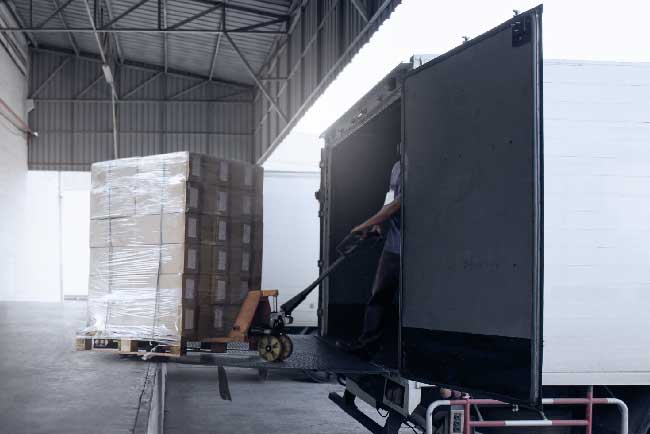
Public health and food fraud: compliance with the rules protects the former and prevents the latter. But not only. As happens, for example, in the case of exceptional transport, complying with the legislation is useful for avoiding penalties.
Specifically, violating the ATP (or the HACCP system, in the specific case of food) can lead to:
- fines from a minimum of 148 euros (for circulation with an expired ATP certificate) to a maximum of 1000 euros (for transport in unsuitable compartments). Failure to comply with the principles on which the HACCP plan is based, on the other hand, leads to fines ranging from 1000 to 6000 euros;
- charges of criminal offence.
Road transport is not, however, the only possible option.
Focus on sea transport and air transport of perishable goods
The classification contained in the ATP concerns road vehicles.
It is possible, however, that solutions by sea and by air are more convenient. To establish to what extent, the factors to consider are the time available, the quantity of goods to be transported, the length of the route to be covered and the temperature ranges to be respected. Let's examine the two options:
- Maritime transport. This solution involves the use of reefer containers at controlled temperatures which, depending on the type of load, vary from -20°C to +25°C. The container in question can go directly from the truck to the ship, which reduces the risk of compromising the cold chain. Choosing the option by sea is convenient when times are long and the quantity of goods is important. Or, at least, not so small to be transported by plane.
- Air transport. In this case, in fact, the carrying vehicle is less capacious than the ship. RKN or RAP air containers are, however, especially useful for long routes. Or, if the goods include medicines, when the temperature maintenance standards are very stringent. Lastly, air transport is the fastest but also the most articulated transport, as the goods, before being stowed, are transferred by road and processed by airport handlers.
In its initial part, air transport involves the use of combined solutions (in this case road-air).
In general, intermodal transport can also be used for the transport of perishable goods.
NOT ONLY VEHICLES: THE OFFER OF TRASAUTO LOGISTICA
For over forty years, the Trasauto Logistica team has specialized in the national and international transport of vehicles with car transporter. The experience gained in the sector and the trust placed by customers have, however, contributed to a gradual expansion of the offer.
In this context, the global increase in trade in agricultural and food products has made it necessary to introduce the perishable goods transport service.
The management of delicate and large loads has shaped the DNA of our professionals, today very attentive to detail. Experience, in fact, has made them suitable for dealing with goods that require meticulousness directly proportional to their risk of deterioration.
Today, our team is perfectly able to evaluate the individual transport options together with the customer, in order to select the one that best suits his needs.
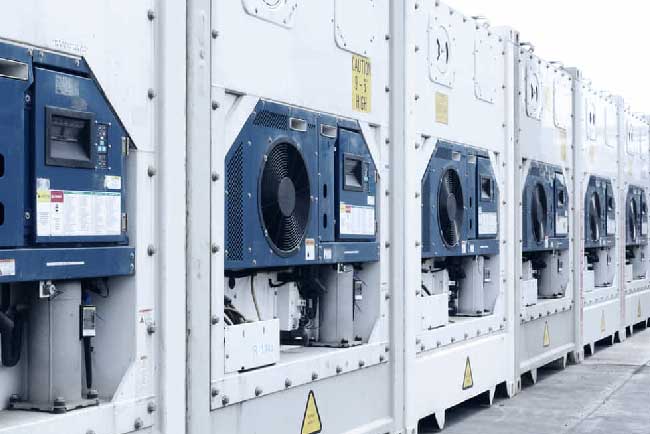
Our hauliers possess all the necessary skills to manage each phase of the transport with professionalism and prudence. The staff is trained on the creation of isothermal and refrigerating installations, on the methods of temperature control and, in general, on all the standards required by the ATP.
Moreover, we immediately adopted supplementary measures to rationalize the costs of transporting perishable goods. These include:
- Tracking the temperature of the goods during transport;
- Simplification of loading/unloading procedures in connection hubs;
- Integration of the most suitable systems to avoid scheduling conflicts;
- Centralization of communications between carriers;
- Optimization of decision-making processes through machine learning systems;
- Real-time tracking of shipment location;
- Consolidation of packing and shipping procedures.
In addition, the forty years of experience have convinced us of the great importance of another factor: the debate.
An opportunity for confrontation: Fruit Logistica
(Berlino, 8-10 february 2023)
Regardless of the professional position of the parties involved, dialogue is always synonymous with growth. This is even more assured when updating on the latest global market trends is added to the construction of new commercial partnerships.
Faith in these ideas is the reason why we chose to participate in Fruit Logistica, an international event focused on the fresh fruit and vegetable sector. For us, it was a forum for discussion with professionals linked to the big names involved, with whom a dialogue has already begun, a prelude and inspiring reason, to constantly improve our service in the field of the transport of perishable goods.

From the managers of large export groups we learned the “details of life” of fresh fruit and vegetables.
We know that the risk of compromising their quality during transport is linked to their breathing cycle and their production of heat, humidity and gases. The latter, for example, is altered by the goods handling process. Indeed, logistics amplifies the probability of product deterioration.
Among the stands of Fruit Logistica, we have ascertained the attention, by exporters, on the formulas that use integral refrigerated containers. Today, these logistic combinations, together with the latest generation machinery, are among the preferred solutions, mainly due to the possibility of reducing costs.
Therefore, if you need to transport perishable goods, the staff in charge will quickly draw up a detailed estimate suitable for determining the amount you will have to spend in order for the transport to be completed safely and with maximum efficiency.
------------------------
Or, for personalized assistance, you can call our offices in Italy: +39 (0)828 1818161
Or ask for more infomation via e-mail: info@trasauto.com
Articles
Related
A MASSIVE SHIPMENT OF CARS ON…
Multimodal transport, in particular for the Italy-USA route, combines road…
EXPORT OF ESCARGOT ON THE FRANCE-IRELAND…
Our escargot transport service, particularly for the France-Ireland route, is…
MOVING A SUPERCAR ON THE FRANCE-MOROCCO…
Our Supercar transport service, particularly for the France-Morocco route, is…
THE TRANSPORT OF MEDICINES FRANCE-FLORIDA. ECONOMY…
Intermodal transport is an extremely flexible and cheap transport method,…
COMBINED FRANCE-CANADA TRANSPORT OF VINTAGE CARS.…
Using the services of Trasauto Logistica, in particular, when you…
INTERMODAL TRANSPORT TO AND FROM THE…
A long and complex journey, from France to America, always…
LUXURY TRANSPORT IN THE MIDDLE EAST.…
Depending on the routes, the timing, the necessary documentation, the…
CAR TRANSPORTER RENTAL FOR VEHICLE TRANSPORT.…
Investigation of the reference market, request for an estimate, vehicle…
TRANSPORT OF VEHICLES AND BULKY OBJECTS:…
The transport of bulky vehicles and objects is an exceptional…
CAR TRANSPORT, HOW TO CHOOSE AND…
Car transport with car transporters has obvious organizational and economic…
HAVE YOUR ACCIDENTED CAR TRANSPORTED
When collecting and delivering an accidented or non-running car, it…
THE TRANSPORT SECTOR ADAPTS TO RENEWABLE…
When we think of building a more sustainable future, we…
THE TRANSPORT OF THE FUTURE: AN…
When it comes to the transport of the future, a…
MARITIME TRANSPORT. IS IT THE BEST…
In recent years, new technologies and the modernization of traffic…
BEFORE SHIPPING A VEHICLE. GUIDE AND…
To one’s own advantage and to the transporters’ who will…
HEALTHY EATING AND TRUCK DRIVERS. IS…
The importance of road transport for society and the economy…
LUXURY CAR. WHEN THE CAR IS…
The cost of the transport of a luxury car, with…
PROFESSION TRUCK DRIVER. FIND OUT THE…
Over the years, logistics has acquired great importance in the…
SUPERCAR: WHEN LUXURY HAS NO LIMITS
What to do if our supercar should reach a location…
EXCEPTIONAL TRANSPORT: EVERYTHING YOU NEED TO…
Out-of-gauge goods and materials, loads of dimensions and weight exceeding…
Subscribe
Newsletter
Subscribe to our newsletter to stay in touch.




